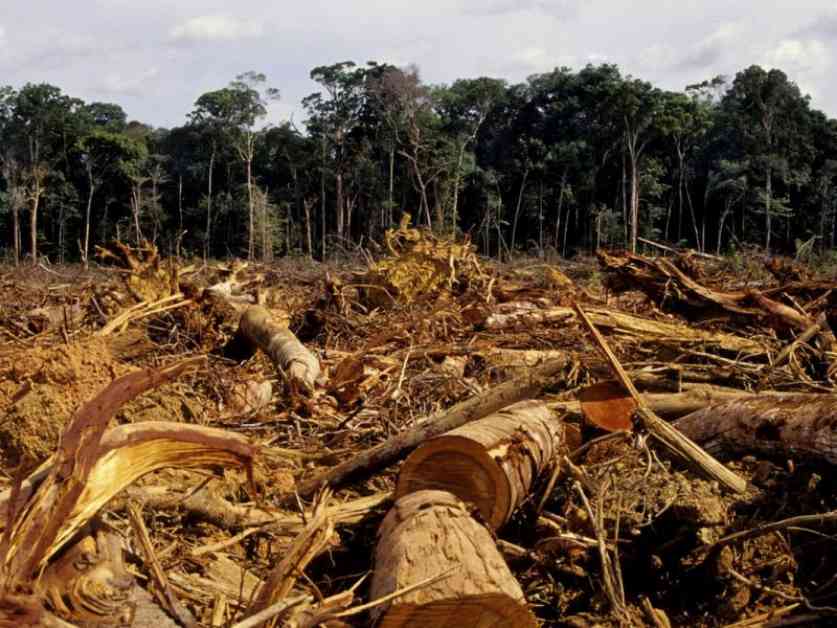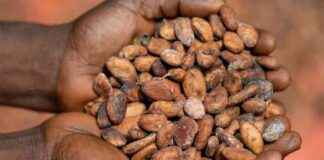European Deforestation Regulation Faces Backlash
The European regulation aimed at combating deforestation linked to the importation of products such as cocoa, coffee, and palm oil, passed in June 2023, is facing increasing criticism. While praised for its environmental ambition, it is being contested on multiple fronts.
Challenges and Concerns
Businesses are speaking out against the high costs associated with compliance. The strict requirements, including geolocation of agricultural plots and independent audits, are seen as particularly burdensome, especially for small and medium-sized enterprises. Small producers in exporting countries like the DRC, Brazil, and Malaysia fear being marginalized. The capacity-building and investments planned to support these actors are deemed insufficient in the face of the challenges they will have to overcome.
Deadline Dilemma and Scope Limitations
While large operators must comply by December 2025 and SMEs by June 2026, some stakeholders consider these deadlines inadequate for adapting their supply chains, especially in developing countries. Despite the focus on deforestation, the text excludes other vulnerable ecosystems such as grasslands and wetlands. An extension planned by 2025 remains uncertain, raising questions about the real impact of the regulation.
International Criticism and EU’s Response
A lack of dialogue and cooperation with the European Union is criticized by exporters of agricultural products from non-European countries. Some denounce a unilateral approach that could harm trade relations. Despite the critiques, the European Commission stands firm, arguing that the regulation is crucial for reducing greenhouse gas emissions and protecting global forests. The European Parliament still needs to vote on a proposal to delay the implementation of the text initially set for December 2024.

















